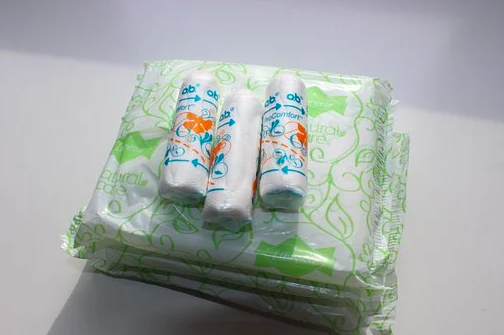This month has proven to be very busy for Governor Gavin Newsom. After handily beating a recall, he got right back to work, reviewing bills and signing or vetoing legislation sent to his office this session. Among bills that came before the Governor, is the Menstrual Equity for All Act of 2021 by Assemblymember Cristina Garcia. Assembly Bill 367 was signed early this month and will take effect in California next 2022-23 school year. The bill will require California public schools and colleges to stock their restrooms with free menstrual products. This bill provides an expansion to the law passed in 2017, which requires low-income schools in disadvantaged areas to provide students with free menstrual products. AB 367 reads as follows:
This bill would enact the Menstrual Equity for All Act of 2021, which would require a public school, as provided, maintaining any combination of classes from grades 6 to 12, inclusive, to stock the school’s restrooms with an adequate supply of free menstrual products, as defined, available and accessible, free of cost, in all women’s restrooms and all-gender restrooms, and in at least one men’s restroom, at all times, and to post a designated notice, on or before the start of the 2022–23 school year, as prescribed.
This bill would require the California State University and each community college district and would encourage the Regents of the University of California and private universities, colleges, and institutions of higher learning, to stock an adequate supply of menstrual products, available and accessible, free of cost, at no fewer than one designated and accessible central location on each campus and to post a designated notice, as provided.
In California, as of January 2020, residents are no longer required to pay taxes on menstrual products until January 2022 at which time he will determine whether or not the state’s budget would support the tax exemption to continue. California is not the only state with this type of exemption, 30 other states currently also have a ban on taxing menstrual products. We’re glad to see that AB 367 is continuing the work towards equity for menstruating people through providing free products to young people in schools and colleges.
We think this bill will make some positive changes for our students by decreasing the amount of time missed in the classroom and at school, due to a lack of accessible menstrual products. What do you think?

